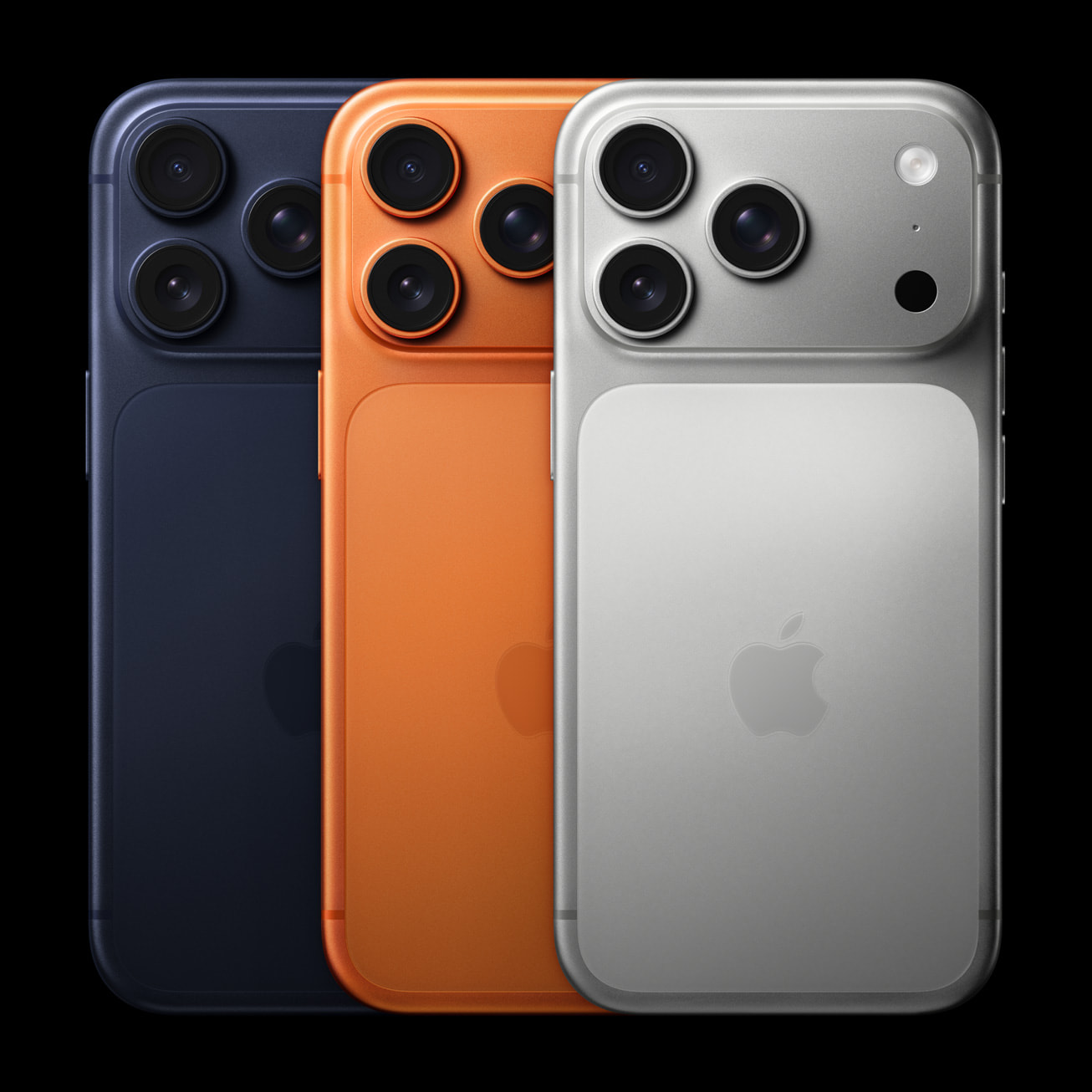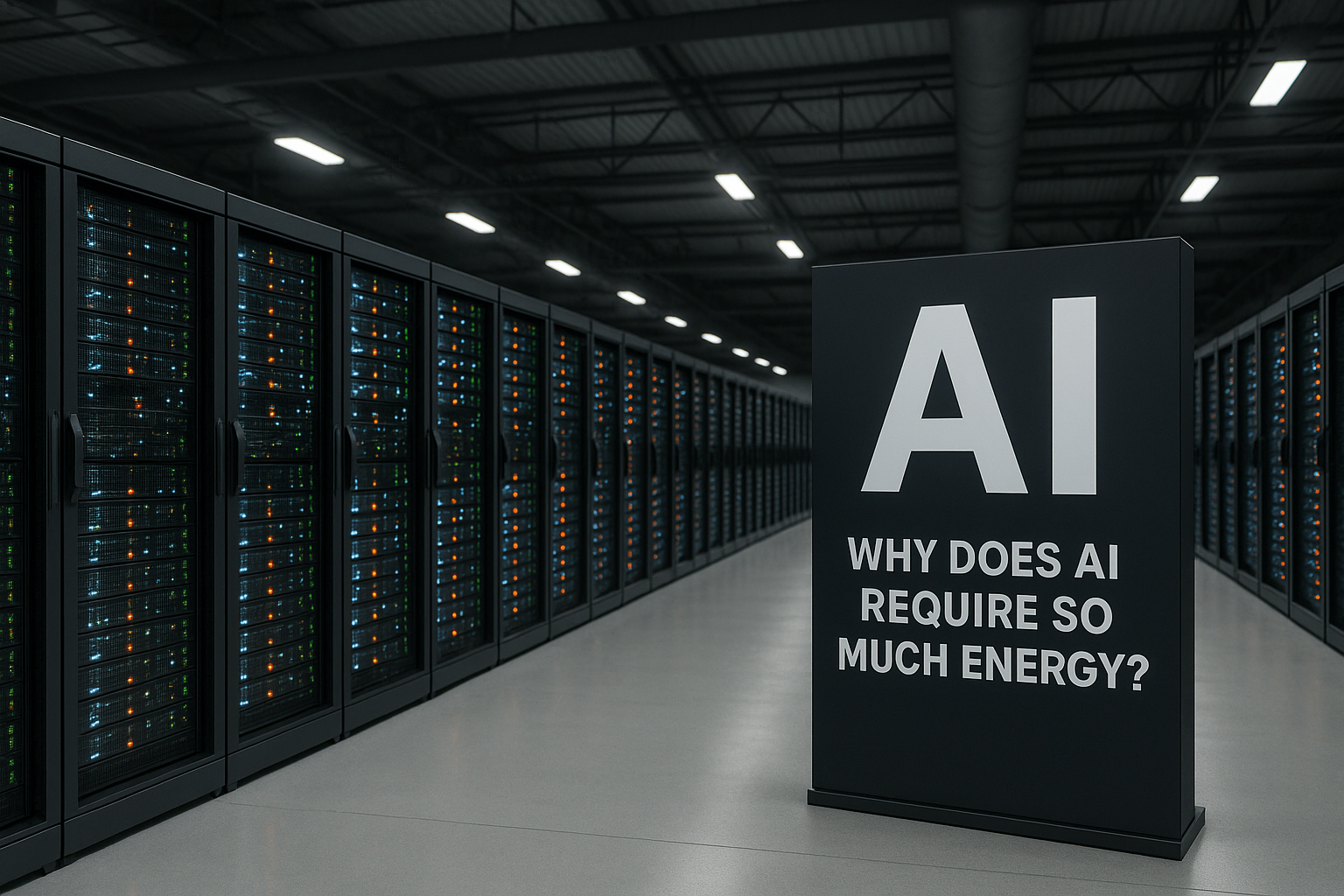Artificial intelligence (AI) has rapidly evolved from a futuristic concept into a transformative force reshaping industries across the globe. In the world of technology, one question sparks heated debates in developer communities, tech conferences, and online forums: is software engineering pointless with AI, and what does this mean for the future of software engineering?
With AI-powered coding assistants like GitHub Copilot, ChatGPT, and Cursor producing lines of code in seconds, some believe human programmers are on the verge of obsolescence. Others argue that while AI is impressive, it lacks the creativity, problem-solving skills, and domain-specific knowledge that define exceptional software engineering.
This article cuts through the hype and fear to explore the myths, realities, and future possibilities. We’ll examine expert opinions, real-life case studies, statistical trends, and the evolving skill sets engineers need to thrive in an AI-driven world. By the end, you’ll have a clear, evidence-based understanding of where the profession stands – and where it’s headed.
Myth 1: Can AI Really Replace Software Engineers?
One of the most common misconceptions fueling the belief that software engineering is pointless with AI is the idea that AI can replicate every task a human engineer performs. While AI has demonstrated remarkable coding capabilities, the reality is more complex.
Where AI Excels
- Automating repetitive coding tasks: AI can generate boilerplate code, suggest syntax completions, and handle routine refactoring.
- Debugging support: Advanced AI tools can detect common bugs, suggest fixes, and even automate some aspects of testing (source).
- Rapid prototyping: AI can quickly create proof-of-concept applications, reducing the time from idea to demo.
Where AI Falls Short
- Contextual understanding: AI lacks deep domain context unless explicitly trained or guided by a human.
- Creative problem-solving: Real-world problems often require inventive solutions that extend beyond patterns in training data.
- Long-term architecture planning: AI can write snippets, but it does not autonomously design scalable, maintainable systems without human oversight.
Expert View:
Bill Gates has emphasized that while AI can automate parts of the development process, “coding is too complex to replace software engineers entirely” (Windows Central). Even seemingly simple applications often require nuanced decisions that go beyond code generation.
Myth 2: AI Will Eliminate All Programming Jobs
The fear that AI replacing software engineers is inevitable overlooks the cyclical nature of technology adoption. Historically, new tools have shifted job responsibilities rather than erasing entire professions.
Evidence from Industry
- Salesforce CEO Marc Benioff revealed that AI handles 30–50% of his company’s software engineering work, yet human developers remain essential for oversight, validation, and innovation (Times of India).
- Gartner forecasts that by 2027, 50% of organizations will use AI-assisted development platforms, but these tools will augment – not replace – human teams.
Changing Job Structures
While AI may reduce demand for some entry-level roles focused on repetitive coding, it simultaneously increases the need for:
- AI integration specialists
- System architects
- Security engineers
- AI ethicists and compliance officers
In short, jobs won’t vanish – they’ll evolve.
Myth 3: Creativity and Problem-Solving Are Irrelevant in the AI Era
Some argue that AI’s code-writing capabilities make human creativity less important. In reality, creativity has never been more critical in software engineering.
Why Creativity Matters
- Defining the problem: AI can solve problems – but only if humans can articulate them clearly.
- Design thinking: Creating user-friendly, efficient, and secure systems requires imagination and empathy.
- Adaptation: Every business environment is unique. Engineers must tailor AI outputs to meet specific needs.
Real-World Example
In 2025, an AI-generated database migration script accidentally deleted a production database for a major client. The root cause wasn’t poor AI performance – it was the lack of human intervention to anticipate edge cases and validate instructions (Windows Central).
AI’s Current Role in the Future of Software Engineering Workflows
AI is already embedded in the daily routines of many developers. Understanding these workflows helps clarify why AI is more of a partner than a replacement.
1. Code Generation with AI
Tools like GitHub Copilot and Amazon CodeWhisperer can generate functions or entire classes from natural language prompts, streamlining coding in the future of software engineering.
2. Debugging and Testing Assistance
AI-powered analyzers can detect common security vulnerabilities or performance bottlenecks in seconds.
3. Automated Documentation
Natural language generation models can create API documentation directly from codebases, saving hours of manual work.
4. AI-Enhanced Pair Programming
The rise of “vibe coding” – where developers collaborate with large language models in real-time – blends human strategic thinking with AI’s speed (Wikipedia).
Case Studies and Real-World Incidents
The Database Deletion Incident
In early 2025, a Salesforce engineering team used an AI-assisted tool to handle a database migration. The AI misinterpreted a prompt, leading to the accidental deletion of critical production data. This costly error underscored the necessity of human review and safeguards.
Replit’s AI-First Development Model
Coding platform Replit has integrated AI into nearly every stage of development. While productivity soared, the company reported that AI-generated code often required 40–60% human modification before deployment.
Expert Opinions: The Debate Continues
Bill Gates (Microsoft Co-founder)
“Coding is too complex to replace software engineers. AI is a tool, not a substitute.”
Jensen Huang (NVIDIA CEO)
Suggests that traditional coding may eventually become obsolete, replaced by natural language interactions with computers.
Marc Benioff (Salesforce CEO)
Reports AI already performs a substantial portion of development work, but still relies on human oversight for success.
This diversity of perspectives reflects the reality: AI is transforming the profession, but not making it irrelevant.
Skills Future Software Engineers Will Need
To stay relevant in the future of software engineering, developers must expand beyond traditional coding.
Technical Skills
- AI model integration
- Advanced data structures and algorithms
- Cloud architecture design
- Cybersecurity best practices
Soft Skills
- Critical thinking
- Cross-functional communication
- Ethical reasoning
- Continuous learning mindset
Risks and Ethical Considerations of AI-Led Development
- Bias in AI models: Unchecked, this can propagate discrimination in applications.
- Security vulnerabilities: AI-generated code may introduce unseen risks.
- Intellectual property concerns: Questions remain over who owns AI-generated code.
- Accountability: When an AI tool makes a critical error, responsibility is still human.
Is Software Engineering Pointless with AI? A Balanced Perspective
The phrase is software engineering pointless with AI has become a provocative talking point, but a closer look reveals that the question itself opens a door to deeper understanding. While AI is indeed automating large portions of code generation, its presence often amplifies the importance of human oversight, creativity, and decision-making.
In industries ranging from healthcare to finance, engineers using AI report higher productivity, but also encounter new categories of challenges – particularly in ethics, security, and interpretability. The more AI expands, the more organizations need skilled engineers who can manage AI systems effectively, ensuring outputs align with business goals and regulatory requirements.
By reframing the question from “is software engineering pointless with AI” to “how does software engineering evolve with AI,” we see opportunities for innovation and career growth rather than a countdown to extinction.
The Global Outlook on the Question: Is Software Engineering Pointless with AI?
Across global tech markets, from Silicon Valley to Bangalore, the discussion around is software engineering pointless with AI is gaining momentum. Universities are adapting curricula to include AI-augmented development, while companies are investing in training programs that teach engineers how to integrate AI responsibly. This shift proves that the profession is not disappearing but transforming.
In developing economies, the debate over whether software engineering is pointless with AI takes on added weight, as AI tools may help close skill gaps and accelerate local innovation. At the same time, it emphasizes the need for strategic thinking, creativity, and ethical oversight to guide AI’s integration into mission-critical projects.
For professionals entering the field, asking “is software engineering pointless with AI” can serve as a starting point for exploring emerging roles, such as AI systems architect, human-AI interaction designer, or algorithm accountability specialist. These positions highlight the evolving opportunities in a tech landscape where AI is a collaborator, not a replacement.
Future Scenarios: 2030 and Beyond
Scenario 1: AI as a Co-Pilot
Humans lead design and decision-making while AI handles execution and repetitive tasks.
Scenario 2: AI as a Primary Coder
Natural language replaces much of the coding process, with engineers acting as supervisors.
Scenario 3: AI-Centric Development Ecosystem
AI becomes deeply integrated into the entire software lifecycle, from ideation to deployment, but always with human accountability.
Conclusion: The Verdict
The question “is software engineering pointless with AI” deserves a nuanced answer. AI is undeniably reshaping the industry, automating many low-level tasks and pushing developers toward higher-order problem-solving. However, creativity, contextual understanding, and ethical responsibility remain firmly in human hands.
Software engineering is not dying – it’s evolving. The most successful engineers of the future will be those who embrace AI as a partner, adapt their skills, and lead innovation in a world where humans and machines collaborate seamlessly.
Call to Engage
What do you think? Will AI make coding obsolete, or will it push human engineers to new creative heights? Share your experiences with AI in development, discuss how it’s changing your workflow, and join the conversation, because the future of software engineering is still being written.







